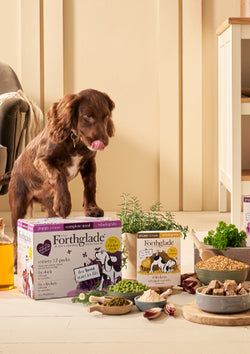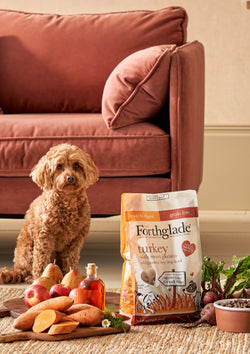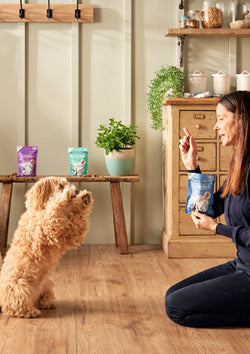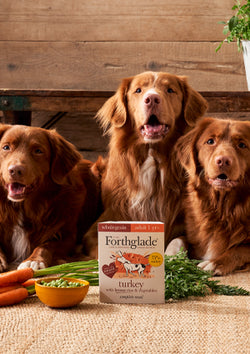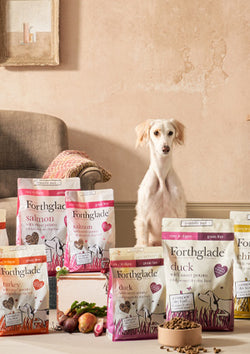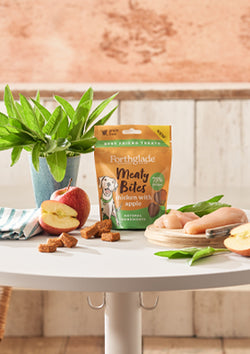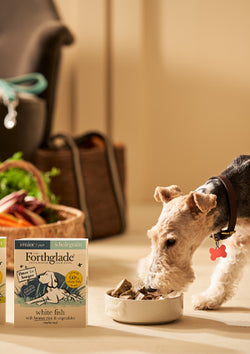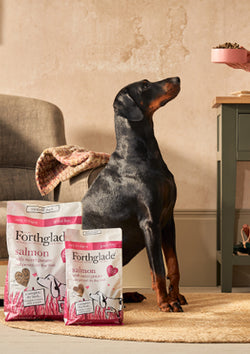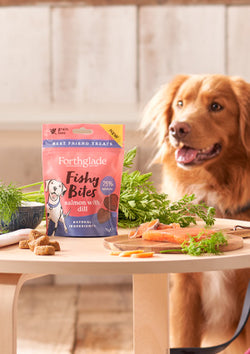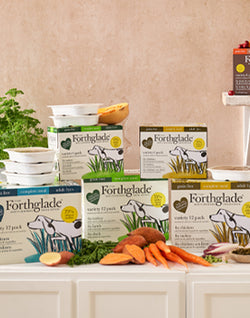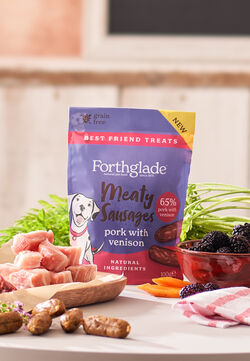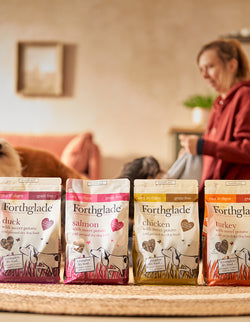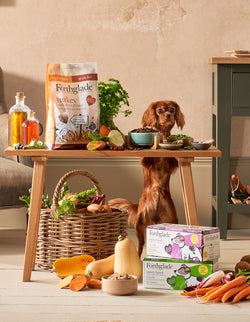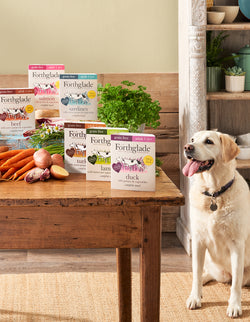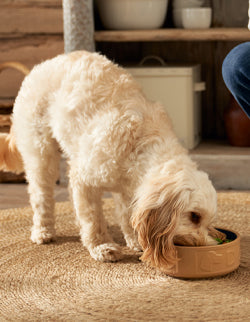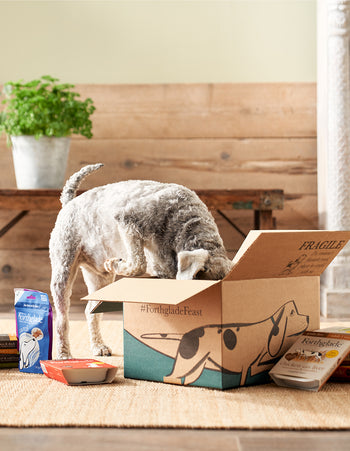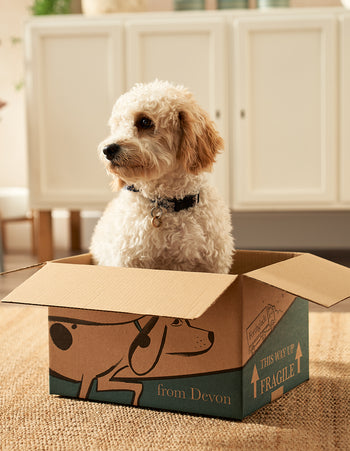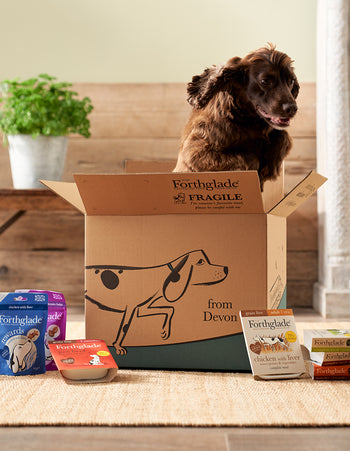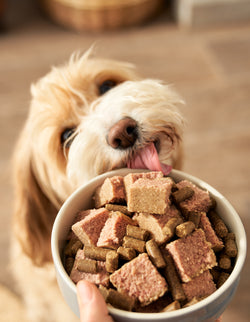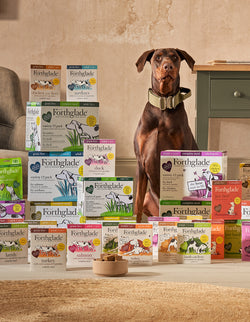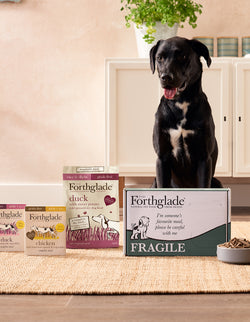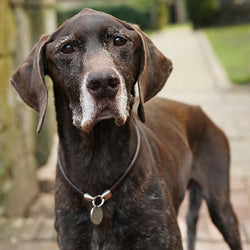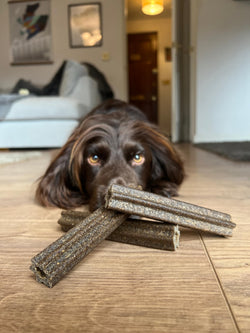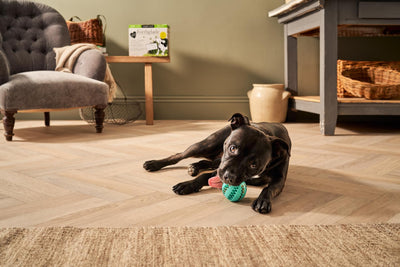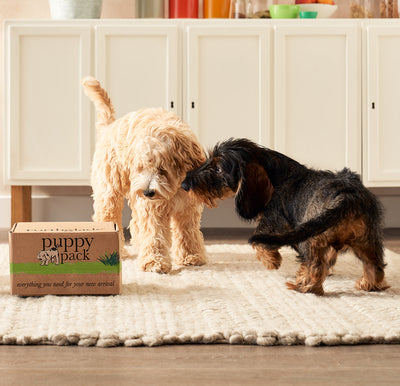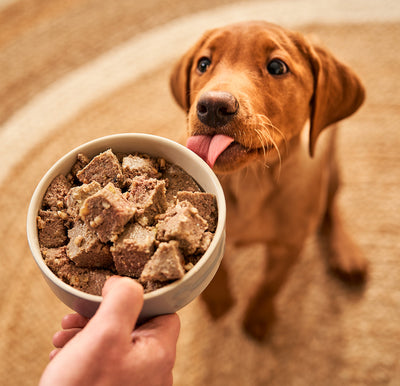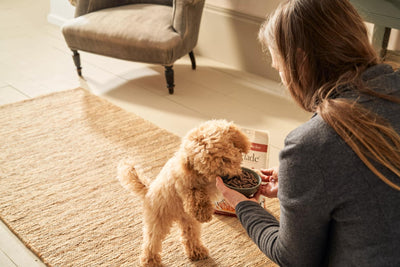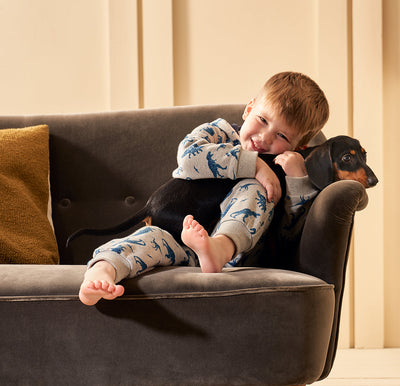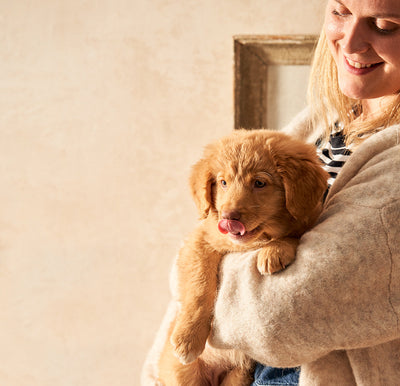Dr Carri Westgarth, Research Fellow in Human-Animal Interactions at Univeristy of Liverpool, shares her guidance on creating a beneficial relationship between dog and owner.
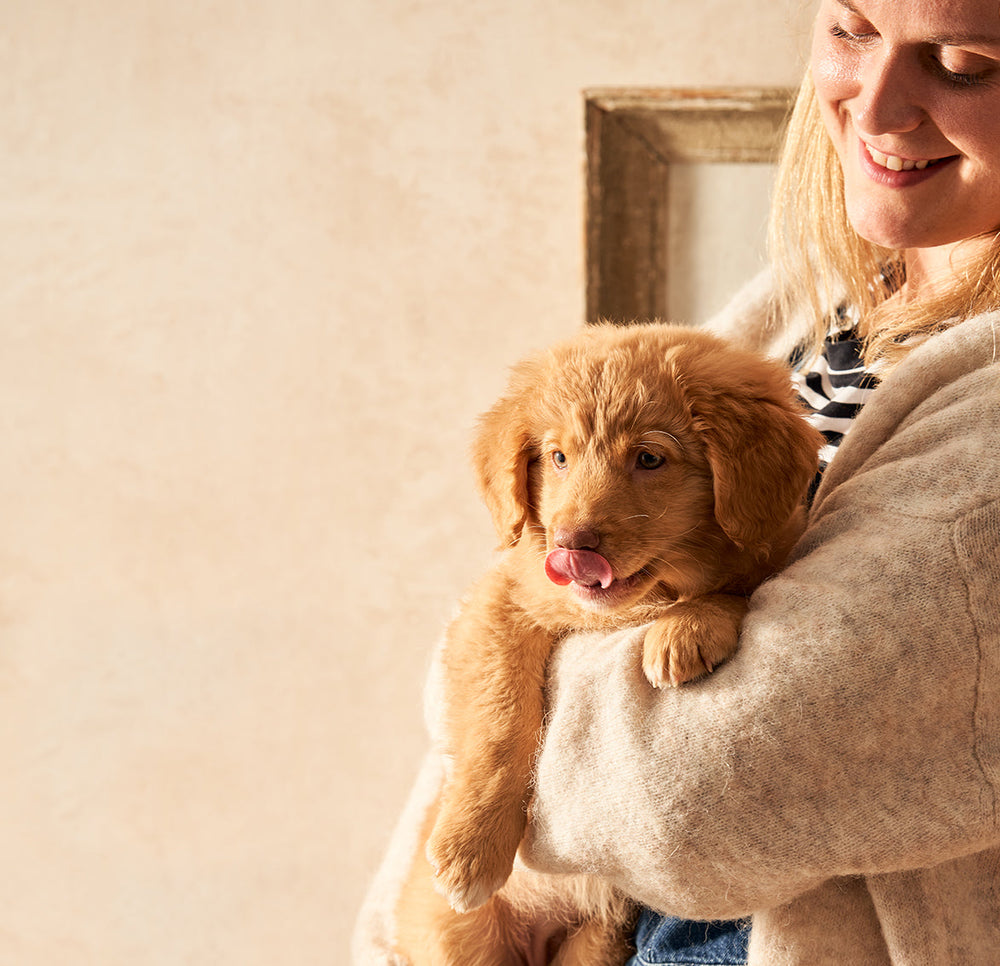
Bonding with Your Puppy
Socializing your puppy is about gently introducing them to new experiences, not just throwing them in at the deep end. If a puppy encounters something without stress in the first few months it is far less likely to show fear as an adult dog.Steve Leonard, Vet
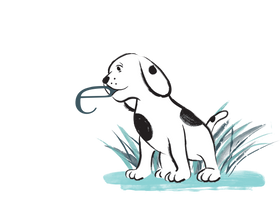
1. Reward Good Behaviour
Food rewards are great but also think about ‘life rewards’ such as belly rubs or walks. Whenever your dog is about to receive a treat or reward of any kind, be conscious of the type of behaviour it has exhibited just prior – that way everyday rewards will always be linked with good behaviour.observations).
2. Ignore Bad Behaviour
Most unwanted behaviours will naturally reduce if they are not connected with a reward. For example, if your pup is jumping up, turn away and wait until it stops before giving attention.
3. Redirect Bad Behaviour
Certain behaviours, especially ones where your pup might injure himself, can’t be ignored. Others, like chewing, can be self-rewarding. In these cases a simple exclamation such as ‘Ah-ah!’ can be useful. Teach your dog that this means, “I’m not going to let you continue doing that!” The key is not to tell them off but rather interrupt and then show them what they should be doing instead, like safely chewing on a toy.
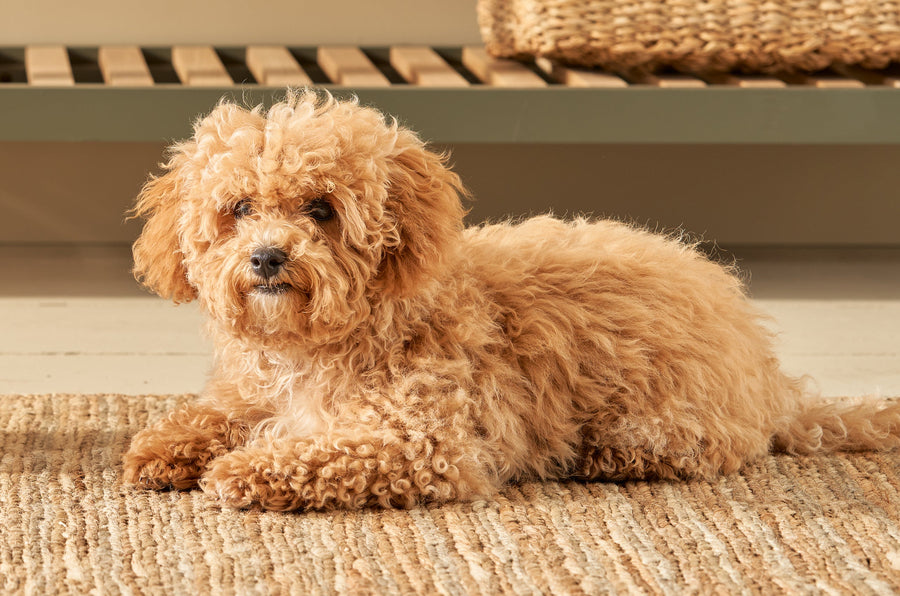
The Name Game
Reserve use of your pup's name for positive experiences. When saying, 'No!' or dissuading them from an unwanted behaviour, stick to the command alone. This will avoid any negative association - and thus hesitation - when calling your dog or asking for his attention.

Puppy Blues
It is perfectly normal to experience feelings of stress and regret when integrating a new dog into your household. Around the 3-4 day mark many people question, “What have I done?” and “Can I give it back?” But push on through Post Puppy Depression and within a few weeks* you’re likely to feel that you and your pup could never ever be parted!
*If you are still stressing a few months in, share your concerns with a fellow dog-owner or dog behaviourist as you may need a little help getting to the stage where you feel more relaxed and in control.
Puppies are always learning, not just during a training session, so it is important to be aware of the messages you send from the moment you bring your puppy home.Dr Carri Westgarth
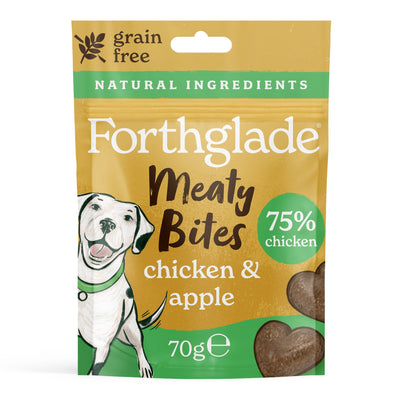
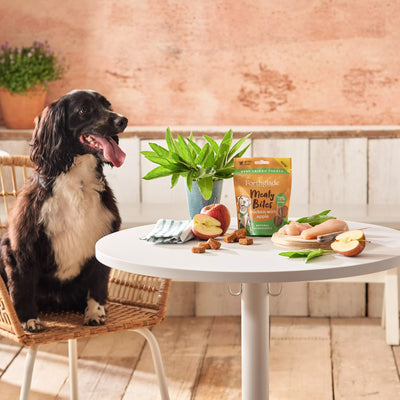
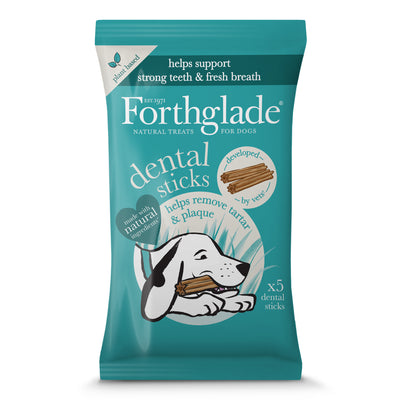
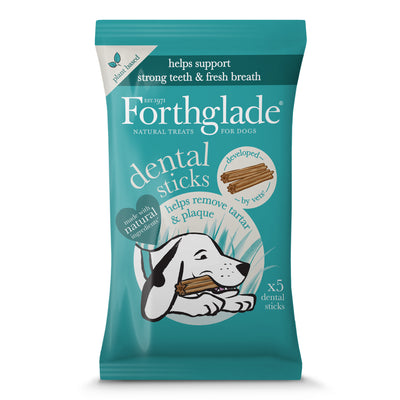
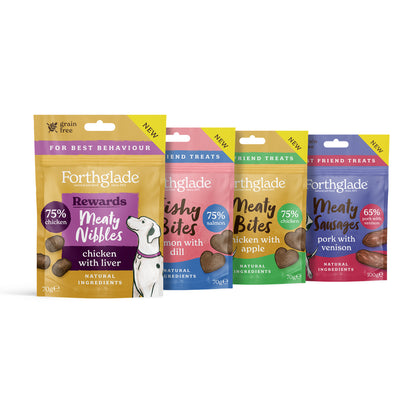
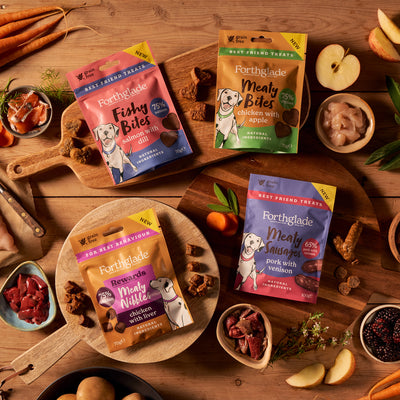
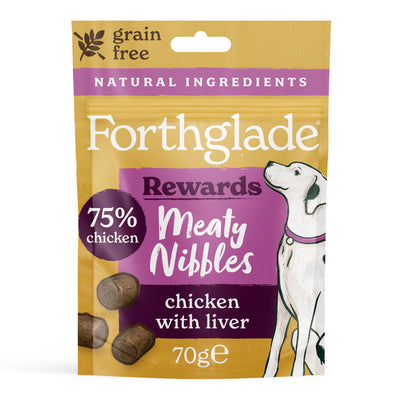
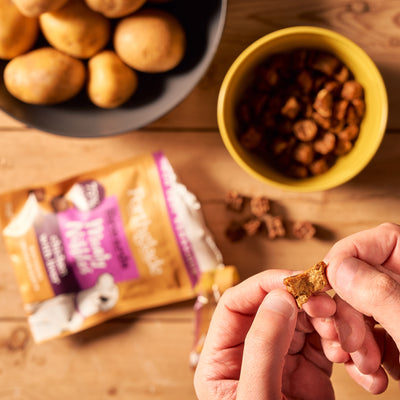
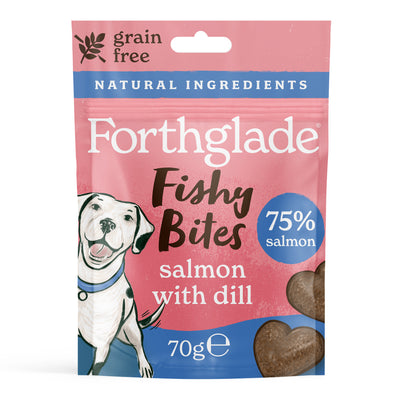
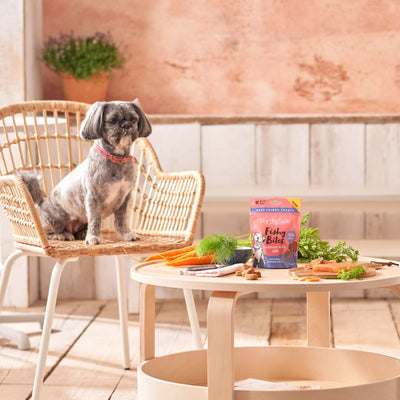
 Over 4,623 5* Reviews
Over 4,623 5* Reviews
 Subscribe & Save 10%
Subscribe & Save 10%
